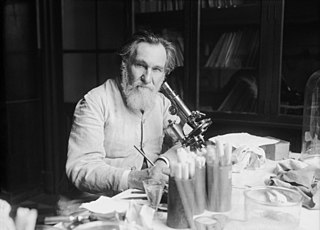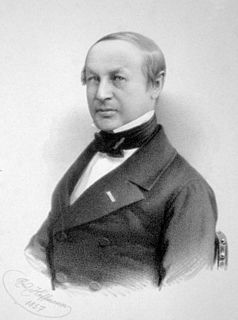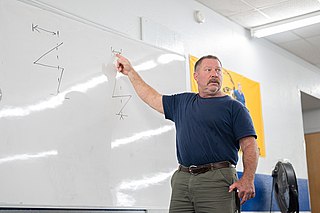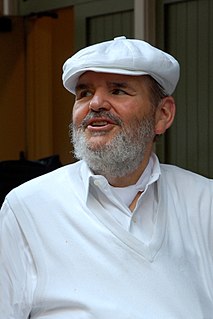A Quote by Elie Metchnikoff
It is possible to state as a general principle that the mesodermic phagocytes, which originally (as in the sponges of our days) acted as digestive cells, retained their role to absorb the dead or weakened parts of the organism as much as different foreign intruders.
Related Quotes
You do not need to do many different exercises to get strong - you need to get strong on a very few important exercises, movements that train the whole body as a system, not as a collection of separate body parts. The problem with the programs advocated by all the national exercise organizations is that they fail to recognize this basic principle: the body best adapts as a whole organism to stress applied to the whole organism. The more stress that can be applied to as much of the body at one time as possible, the more effective and productive the adaptation will be.
Most of our brain cells are glial cells, once thought to be mere support cells, but now understood as having a critical role in brain function. Glial cells in the human brain are markedly different from glial cells in other brains, suggesting that they may be important in the evolution of brain function.
Man as seen as an organism or man as seen as a person discloses different aspects of the human reality to the investigator. Both are quite possible methodologically but one must be alert to the possible occasion for confusion. (...) Seen as an organism, man cannot be anything else but a complex of things, of its, and the processes that ultimately comprise an organism are it-processes.
Since nothing can exist that does not fulfil the conditions which render its existence possible, the different parts each being must be co-ordinated in such a way as to render possible the existence of the being as a whole, not only in itself, but also in its relations with other beings, and the analysis of these conditions often leads to general laws which are as certain as those which are derived from calculation or from experiment.
It depends on the state itself to retain or abolish the principle of representation, because it depends on itself whether it will continue a member of the Union. To deny this right would be inconsistent with the principle on which all our political systems are founded, which is, that the people have in all cases, a right to determine how they will be governed. This right must be considered as an ingredient in the original composition of the general government, which, though not expressed, was mutually understood. . .
[My Book] will endeavour to establish the principle[s] of reasoning in ... [geology]; and all my geology will come in as illustration of my views of those principles, and as evidence strengthening the system necessarily arising out of the admission of such principles, which... are neither more nor less than that no causes whatever have from the earliest time to which we can look back, to the present, ever acted, but those now acting; and that they never acted with different degrees of energy from that which they now exert.
In the loss of skill, we lose stewardship; in losing stewardship we lose fellowship; we become outcasts from the great neighborhood of Creation. It is possible - as our experience in this good land shows - to exile ourselves from Creation, and to ally ourselves with the principle of destruction - which is, ultimately, the principle of nonentity. It is to be willing in general for being to not-be. And once we have allied ourselves with that principle, we are foolish to think that we can control the results. (pg. 303, The Gift of Good Land)




































